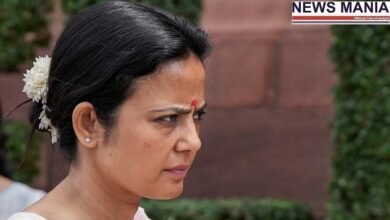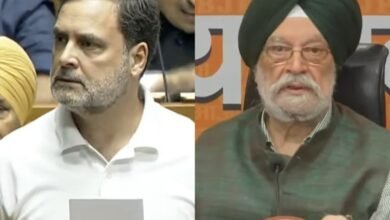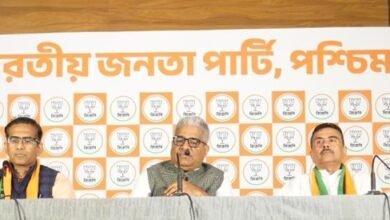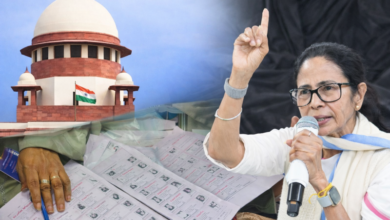How Social Media Influencers Influence Indian Politics
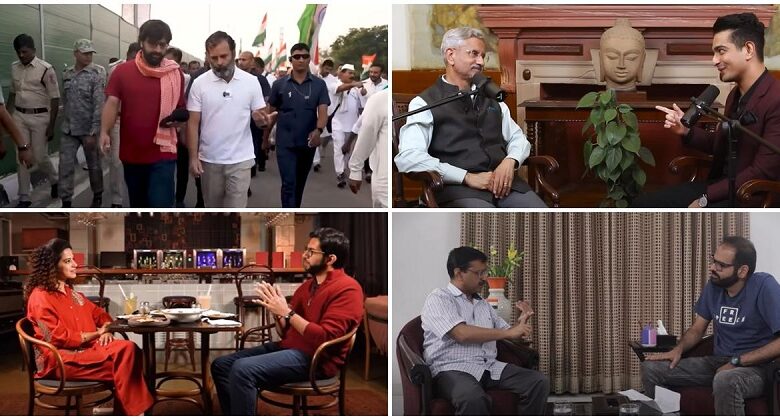
News Mania / Agnibeena Ghosh/6th May 2024
Just weeks before the commencement of the 2024 Indian election, Prime Minister Narendra Modi attended an event in Delhi alongside social media personalities such as BeerBiceps and Curly Tales. The occasion, an awards ceremony honoring some of India’s foremost social media influencers, underscored the growing significance of these individuals, whose influence was once unimaginable.
In the lead-up to India’s billion-vote battleground, politicians recognized the pivotal role influencers could play in engaging with the youth, the apathetic, and the disenchanted segments of society.
While some extol the democratization of media facilitated by social platforms, others paint a bleaker picture, highlighting the prevalence of threats and the potential for truth to be obscured by financial incentives.
A decade ago, the term “influencer” was scarcely heard of, but today, it has evolved into a viable profession. Vinay Deshpande, co-founder of Rajneethi, notes that even teenagers engage in influencer activities part-time for pocket money, underscoring the lucrative nature of the field.
Though earnings may vary, top influencers can command substantial fees for their posts, rivaling the salaries of high-level executives. Political parties and election management firms are not averse to leveraging this influence, offering significant sums for campaign endorsements.
The impact of social media content on shaping public opinion is profound, with curated lists of local influencers capable of swaying election outcomes by disseminating tailored messages to their engaged followers.
However, this influence isn’t without its drawbacks. While social media can amplify beliefs and opinions, it may also foster a lack of critical thinking, warns Deshpande.
For individuals like Preethi Aggarwal, political influencers provide a digestible alternative to traditional news sources, offering context and perspective that aid in forming opinions.
Yet, the authenticity of influencer-politician interactions is often called into question. Many influencers have recounted instances of politicians seeking to control the narrative by dictating interview terms or pre-approving content.
Joyojeet Pal of the University of Michigan highlights the susceptibility of longer, informal interviews to manipulation, where the line between journalism and promotion becomes blurred.
Despite these concerns, opposition parties view influencers as essential allies in navigating what they perceive as a biased media landscape. SupriyaSrinate of the Congress party cites financial constraints and media censorship as driving factors behind their reliance on influencers.
Ankit Lal, formerly of the AamAadmi Party, contends that influencers have democratized the publicity sphere, providing a platform for alternative voices.
Akash Banerjee, founder of The DeshBhakt YouTube channel, praises influencers for their ability to challenge the status quo. He cites examples such as DhruvRathee’s incisive critique of the government, which has garnered millions of views without eliciting a reaction from authorities.
As India’s political landscape continues to evolve, the influence wielded by social media personalities promises to be a significant factor in shaping public discourse and electoral outcomes.



